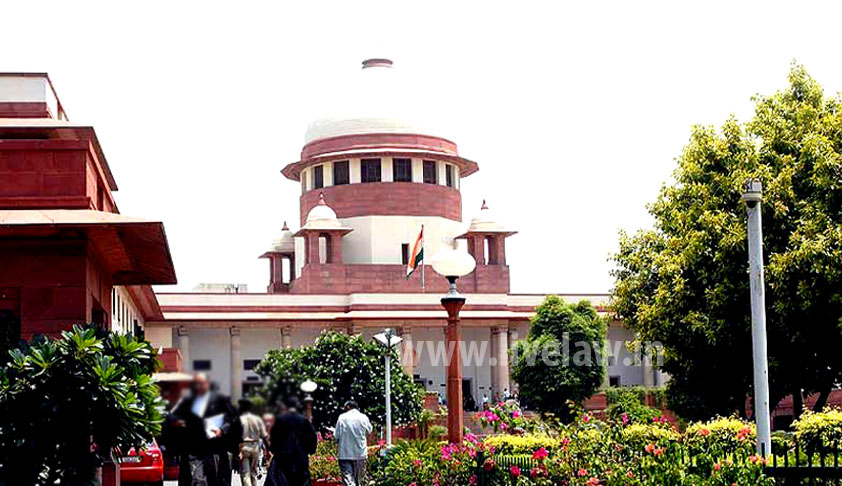- Home
- /
- Top Stories
- /
- Litigants should not be penalized...
Litigants should not be penalized for an omission of the Court; SC
LIVELAW NEWS NETWORK
24 April 2014 6:23 PM IST
A two Judge Bench of the Supreme Court in Arsad Vs. Bani Prosanna Kundu & Ors. [CIVIL APPEAL NO. 4805 OF 2014] held that in the light of the well accepted principle that 'rules of procedure is a handmaiden of justice', the omission of the Court in formulating the 'substantial question of law' (while admitting the appeal) does not preclude the same from being...
Next Story



